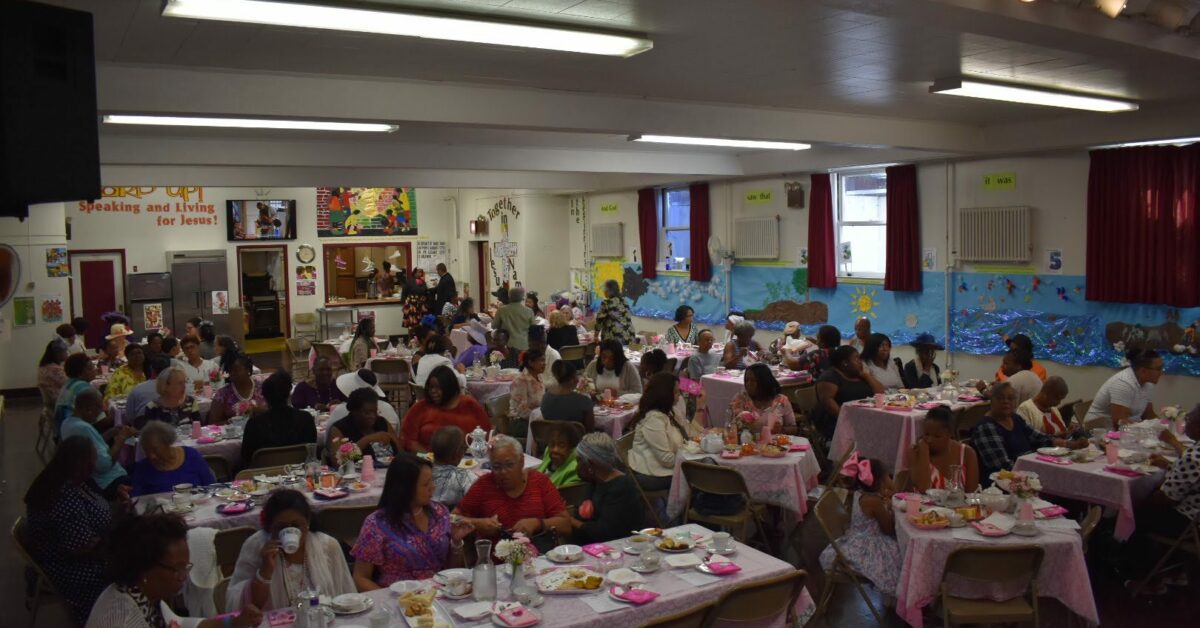Real Characteristics of the Catechumenate
Over the last four class periods, our catechumenate class has had the opportunity to converse with two of the pastors—Pastor Dan Eggold of Grace, Lafayette, IN and Pastor Tim Droegemueller of Living Faith, Cumming GA—who were involved in our catechumenate grants and with Dr. Schuler. The conversations surfaced numerous characteristics that shaped a vision of what Gospel-oriented, effective, and strong catechumenates look like. I am going to highlight these characteristics so that you can have the same vision that we had as a class as we talked to these pastors and Dr. Schuler.
Strong catechumenates exhibit structure and order while being flexible and nimble. Faith formation with people that come from all types of circumstances and personal contexts demands a structure that the catechumen can rely upon, while being able to adjust to the demands on their vocations that surface, often unexpectedly. Demonstrating intentional structure in the catechetical classes and in the ritual process while being nimble in the approach to individuals and families is an act of invested hospitality. Such intentionality shows that the congregation wants and intends to be hospitable to the stranger. It creates a culture of love.
Creating a culture of love begins with pastoral care. It is a consistent theme in all the congregations that have invested in their catechumenates. The pastors and church workers perceive pastoral care to be a virtue that is at the center of the relationships that they form with the catechumens. And pastoral care goes hand-in-glove with pastoral leadership. Strong catechumenates demonstrate strong pastoral leadership, leadership that manifests to the baptized that the catechumenate is a priority for the entire congregation’s life. This strong pastoral leadership elicits lay involvement and leadership in the catechumenate. The baptized want to be involved and find their niche. As Pastor Eggold said, he doesn’t have to worry about the organizational plan for their weekly catechumenal meetings, especially the meals. He has a member who takes the lead with all of that.
And effective catechumenates are truly feasts. They provide an opportunity for the catechumens, sponsors, catechists, pastors, and the baptized to eat together as a family in Christ. Breaking bread together allows them to get to know one another and immerses them in each other’s lives. But the feasting isn’t only on physical food and drink. It is feasting on the Word. And that feast’s food and drink is the rhythm of the church year and the heartbeat of the lectionary. It is that Sunday in and Sunday out encounter with the Word that forges questions, reflections, and adjustments from and in the lives of the catechumens (and the baptized too). That, after all, is the goal: lives transformed by the gospel.
